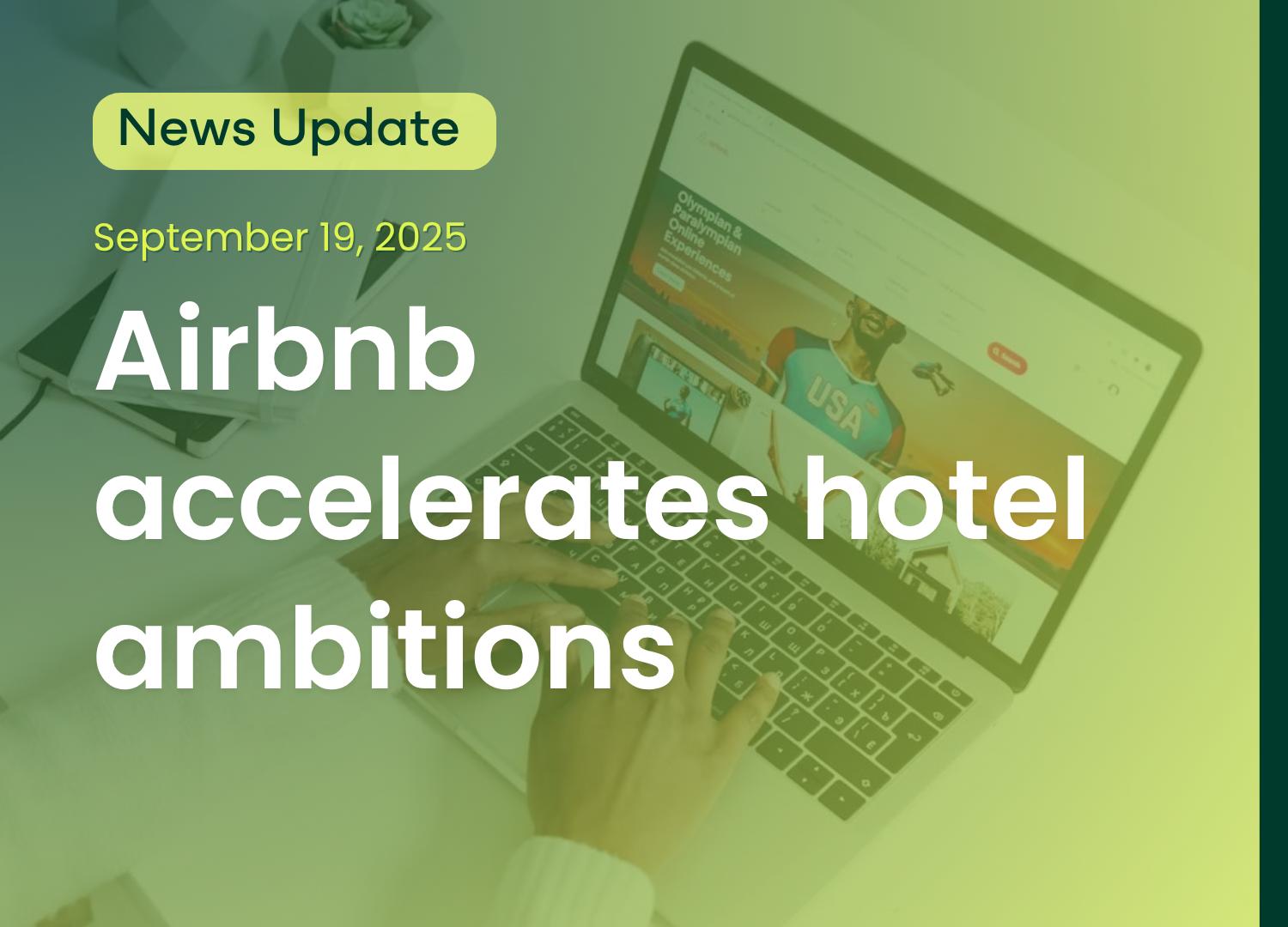Junk fee rules tighten as acquisition costs rise
This week, the hospitality industry is grappling with pressure from two fronts: rising costs and tightening regulations. As customer acquisition costs continue to soar, a new era of mandatory pricing transparency is dawning, forcing a fundamental rethink of distribution and marketing strategies.

The end of hidden fees: a new era of pricing transparency
The travel technology sector is undergoing a seismic shift as regulators and consumers increasingly demand transparency in pricing. The recent $9.5 million Texas settlement with Booking Holdings Inc. reflects a significant regulatory push against deceptive "junk fee" practices. This case, in conjunction with the Federal Trade Commission's (FTC) finalized Junk Fees Rule, heralds a pivotal moment for online travel agencies (OTAs) and hotels to adapt to increased accountability and upfront pricing.
The Texas Attorney General's lawsuit against Booking Holdings highlights a larger enforcement trend targeting deceptive pricing that obscures mandatory fees within vague "Taxes and Fees" labels. This isn't an isolated event. It follows previous state actions against major hotel brands like Marriott and Hilton, indicating a coordinated, multi-layered enforcement framework is emerging. Regulators are making it clear that the long-standing practice of revealing mandatory charges late in the booking process will no longer be tolerated.
The financial stakes are high
The financial implications of non-compliance are substantial and designed to be a powerful deterrent. The FTC's Junk Fees Rule, which became effective May 10, 2025, mandates the full disclosure of all mandatory fees for short-term lodging from the very beginning of the booking process. Violations carry the risk of significant civil penalties, potentially reaching up to $51,744 per violation. This pressure is amplified by the high-profile settlements, like the one in Texas, which set a precedent for the costly consequences of what regulators deem to be deceptive practices.
Industry implications for OTAs and hotels
This regulatory wave directly challenges the foundational pricing display models of many OTAs and, by extension, their hotel partners. For years, the strategy of showing an attractive base rate to draw customers in, only to add resort fees and other mandatory charges later, has been a common tactic. This new legal landscape forces a move towards "all-in" pricing, where the price the customer first sees is the price they will actually pay, excluding government taxes. This will level the playing field, making direct price comparisons more straightforward for consumers and shifting the competitive focus toward value and service over pricing gimmicks.
Preparing for a transparent future
For hoteliers, this regulatory shift demands an immediate and thorough audit of all pricing strategies and distribution channels. It's crucial to work with revenue managers and internal teams to ensure that every mandatory fee is displayed upfront, clearly, and on every platform. This is no longer a best practice for building trust but a legal necessity that will directly impact how properties are perceived, compared, and ultimately booked by consumers in this new, more transparent marketplace.
Rising customer acquisition costs in travel industry spark concern
Rising customer acquisition costs (CAC) are creating significant challenges for the travel industry, as highlighted by a recent survey of industry professionals. The costs have increased approximately 35% from 2022 to 2025, whereas customer lifetime value has only seen a minor increase of 4.5%. This imbalance threatens the profitability of travel businesses, underscoring the urgent need to focus on retention strategies.
Travel brands are urged to address the core issues behind escalating acquisition costs, such as poor personalization, fragmented data, and outdated targeting strategies. A mere 9% of surveyed respondents have fully integrated media strategies, pointing to a substantial opportunity for improvement. Industry experts advocate for the prioritization of unified customer identification strategies that enhance personalization and transform disruptions into loyalty opportunities.
Additionally, technological advancements like artificial intelligence (AI) are poised to play a significant role in optimizing personalization and reducing acquisition costs over time. The report stresses the importance of adapting data systems and strategies to evolving market needs and encourages travel brands to engage with Gen Z travelers. By merging digital media and customer data insights, travel companies can reduce wastage and drive meaningful growth.
Accor CEO urges caution over AI's role in travel personalization
Amid the rising trend of travel companies partnering with AI platforms for enhanced personalization, Accor Chairman and CEO Sébastien Bazin has voiced concerns over data sovereignty. In a discussion at the Viva Technology conference in Paris, Bazin highlighted the importance of retaining control over customer data rather than leaving it to AI entities like OpenAI. His stance reflects a broader industry sentiment about the risks of big tech firms capitalizing on sensitive data.

The use of AI in travel is growing, with many travelers now using AI tools like ChatGPT to plan trips, as highlighted by hotel platform Cloudbeds. Major players have been quick to integrate AI functionalities; Expedia Group, for instance, was an early adopter of OpenAI for its platform developments. Yet, Bazin's caution underscores the ethical concerns and competitive dynamics at play, emphasizing the need for companies to protect proprietary data while leveraging technological advancements. This approach is crucial as the travel industry grapples with maintaining a balance between personalization and privacy.
This perspective serves as a crucial reminder for hotel leaders to critically evaluate their AI partnerships, ensuring that the quest for enhanced personalization doesn't come at the cost of their most valuable asset: proprietary guest data.
📩 Fill out the form below to get the hottest hospitality updates delivered to your inbox every week.
Otamiser is the world leader in OTA optimization, Otamiser helps hotels across Europe, the U.S., and Asia improve OTA rankings and revenue through data-driven pricing and local market insights.




.svg)
.svg)


.jpg)


%201.avif)

